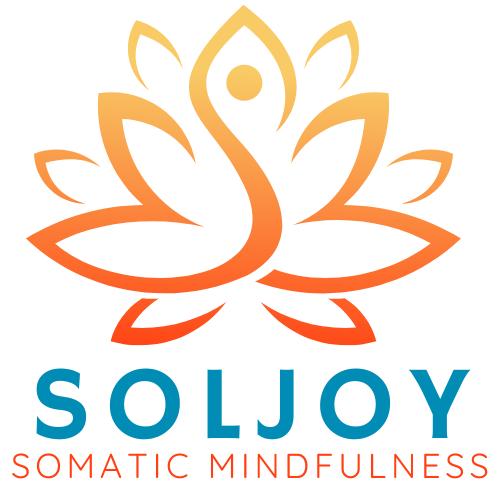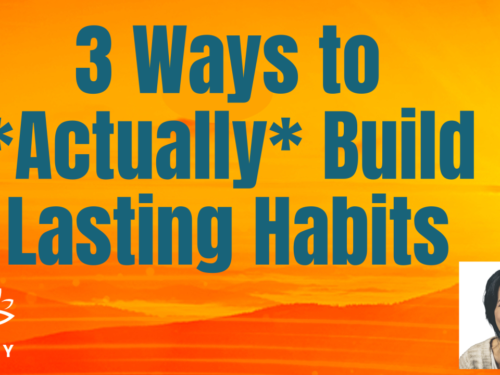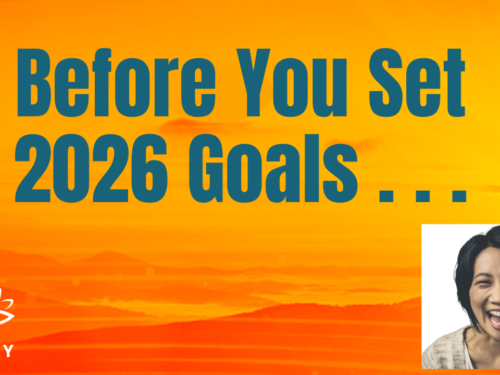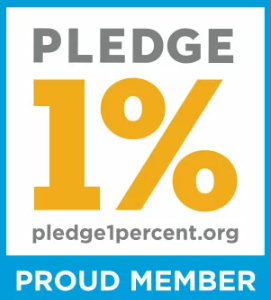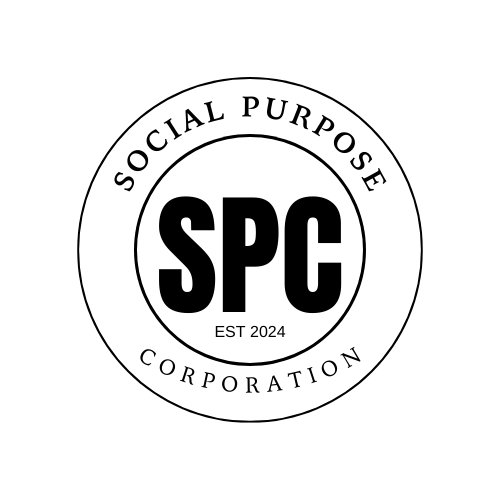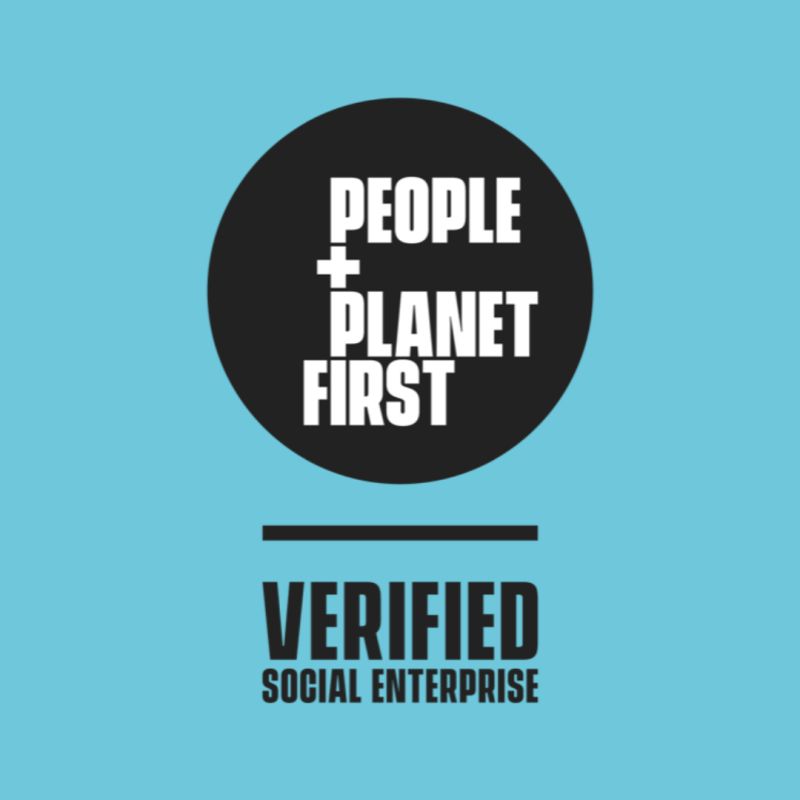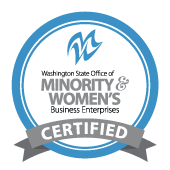
The Social Dilemma: Is Social Media Helping or Harming Your Business?
For many of my business clients and conscious entrepreneurs–social media is simply accepted as necessary for business.
The question is, how do you measure whether social media actions are working? And even more importantly, how does being social media impact your energy and mental health?
In other words, beyond basic ROI of financial return (which frankly, many clients have very poor results after pouring thousands a month hiring experts), what is your ROEI (return on energy invested) and ROTI (Return on Time Invested)?
But after watching the 2020 Netflix docudrama The Social Dilemma, it shifted my entire paradigm of what we are actually dealing with. After many months of how to navigate the social world consciously as a conscious business, I’d like to share my best practices.
But first, some context of how we came to be. Warning: this is a total spoiler alert of The Social Dilemma!
The Social Dilemma
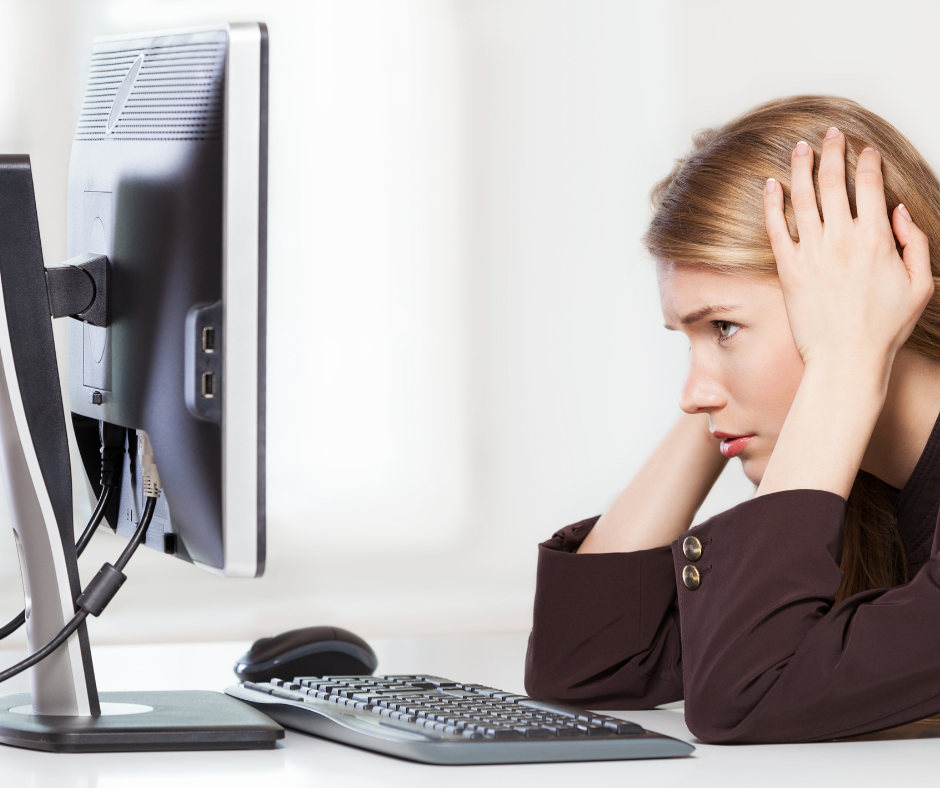
The Netflix documentary drama “The Social Dilemma” interviews many founding and former investors, execs, and software engineers of Big Tech companies like Facebook, Google, Twitter who share their experience of grappling with the unintended consequences of features they built like the “infinite scroll” that caused enormous growth in users–but at a cost.
With the rise and power of (thus far mostly unchecked) Big Tech companies like Facebook, TikTok, and YouTube these companies are facing a responsibility and moral dilemma of how their algorithms impact human behavior, human futures, and our society at large.
Age of Surveillance Capitalism
One of the experts interviewed in the film is American author, Harvard professor, and social psychologist Shoshana Zuboff who coined the term Surveillance Capitalism.
Surveillance Capitalism “unilaterally claims human experience as free raw material for translation into behavioural data [which are] . . . fed into advanced manufacturing processes known as ‘machine intelligence’, and fabricated into prediction products that anticipate what you will do now, soon, and later. . . . [these products] “are traded in a new kind of marketplace that I call behavioural futures markets.”[3]
In other words, there’s a whole new market that trades and traffics in selling your human behavioral future.
Meaning, Big Tech social media platforms, like Facebook, YouTube, and Google, are not really in the business of selling your data to advertisers. They are selling your future behavior or predictive pattern of your future “click behavior” to groups, causes, and content that has now shown can have unintended consequences OFFLINE.
Marketing has entered another realm, where software engineers are literally being trained in psychology classes by the company, with unanticipated impacts that essentially hack your subconscious to quietly gather data on your every behavior online–how many seconds you pause, how long you scroll, which emoticon you use, and most importantly–what you click on to then inform, influence, and feed what you’ll get served up.
But not just to buy–the complex algorithmic AI (artificial intelligence) now can inform who you’ll become and actions you’ll take offline. This unchecked power is what is now informing legislation like Section 230 of The Communications Decency Act.
What This Means for You
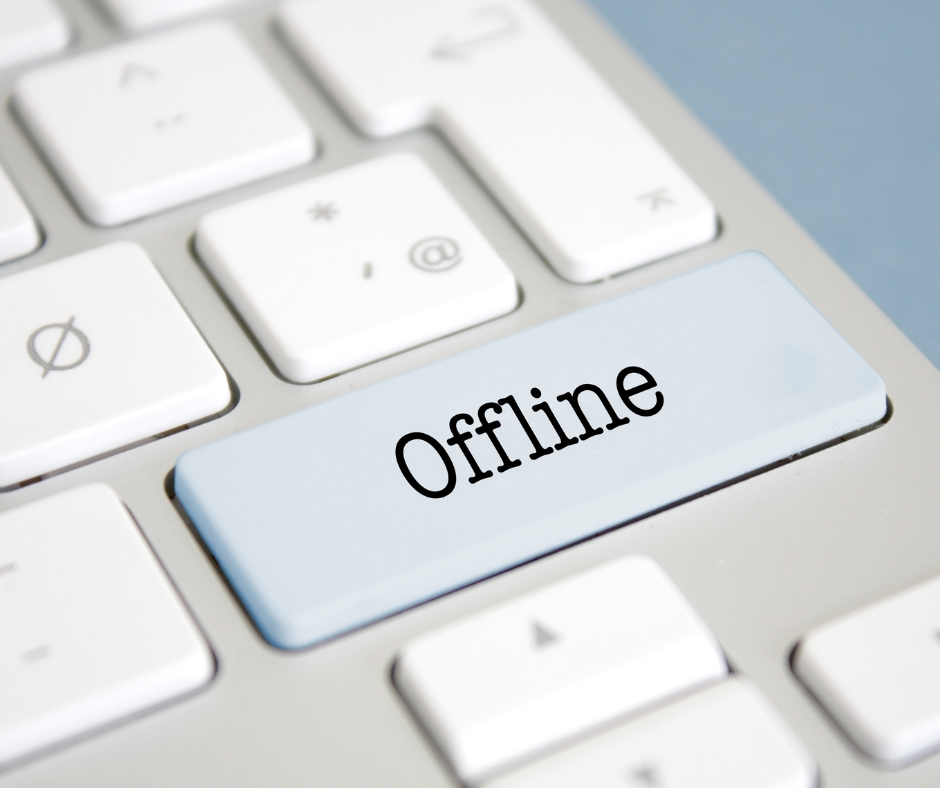
As a conscious entrepreneur, please know that your online social media habits affect you subconsciously now when you’re offline.
This is simply what is so. There’s no finger to point or blame. The challenge is complex.
In a world of big data, while unintended, it’s a bit like the story Frankenstein. A scientist creates artificial intelligence called Frankenstein that turns into a beast or monster that takes on a life of its own, where the scientist can no longer control it.
Like Frankenstein, initially software engineers were simply doing their job innovating features like the “like button” or “infinite scroll” who had a good intention to help the world. But the AI now has a life of its own collecting so much data each nanosecond, that it’s hard to stop.
The part to pay attention to as a business owner is the unintended consequence of shifting your offline behavior by what you consume online, based on what avatar (customer identity) the AI predicts you’ll fit based on many factors such as where you live, and all your other click behaviors.
As Chamath Palihapitiya, one of the former VP of Growth at Facebook in the movie acknowledges in a later interview:
In 2017, many of us have grappled with the unintended consequences of the products we’ve built. Social media platforms in particular have been used and abused in ways that we, their architects, never imagined. Much blame has been thrown and guilt felt, but the important thing is what we as an industry do now to ensure that our impact on society continues to be a positive one.
How do we stay “conscious” online?
5 Best Practices to Stay Conscious on Social Media
So now what?
1. Vote with your click.
Stay conscious online. The less you mindlessly scroll and instead cautiously and carefully choose where you click next, you give yourself a shot of having more control of what gets fed to you online.
2. Get in and get out. Be clear what you want to accomplish then close the platform. Set a timer if you think you’ll be tempted to stick around longer. Do NOT get stuck in endless scrolling.
For example, I have an objective when I go on social media for my business. I plan my post, publish and schedule the post, then only answer comments in my community that I am to nurture. I am picky with which notifications I choose to respond to.
3. Filter your friends and content. Who you friend or not, what posts you like or not, what ads you click on or not, all impact your social media feed and “recommended” ads or posts.
I only friend people after checking out their profile. If they are life-giving, positive, inspirational–I friend them. If they frequently share and spread posts that are political, religious, or anything that enrages one way or the other, I ignore or delete the request.
If you see a sponsored ad, you have the option to stop seeing ads by clicking the little X in the corner. When I experimented with clicking on them (out of curiosity of how other entrepreneurs did their ads) I noticed I got more of them through retargeting. This is where once you click and ad, Facebook “retargets” you by serving up that same ad or a variation. When I clicked out of all sponsored ads in my feed, I get no ads in my feed.
4. Don’t watch or share news from social media. Find your news from unbiased journalism. The Social Dilemma shares how misinformation, or fake news, spreads six times faster than real news.
Watch out for seemingly credible looking posts with visual charts or nice graphics citing statistics that incite anger or rage.
Pause and ask yourself: Does this post show both sides of an issue? Am I feeling angry and want to share this? Do I feel more empathic and loving and expansive now?
If you’re left with a “them vs us”, realize your subconscious just got hacked. You’ll be easily manipulated to then spread and share that likely fake news designed to evoke anger and rage.
Instead, find a credible journal newsworthy source that shares all sides of a topic like AllSides which gives readers a cross-partisan view of world events.
Good journalism leaves you with empathy for all sides and not a black and white right or wrong, “them versus us.” Take back control of your brain and emotions.
5. Call or text a friend directly to connect. Use technology to love people, not divide them. If chatting publicly on social media isn’t going to be interpreted in the best light possible–pick up the phone. Have a real conversation with the opposite side.
Before the pandemic, I avoided talking politics or religion with friends and colleagues. Since the pandemic began, I’ve had over seven hard conversations with friends and colleagues who voted differently than me. I simply listened to understand. Learn more about How to Transform Fear Into Love here.
How I’m shifting my Business Practice
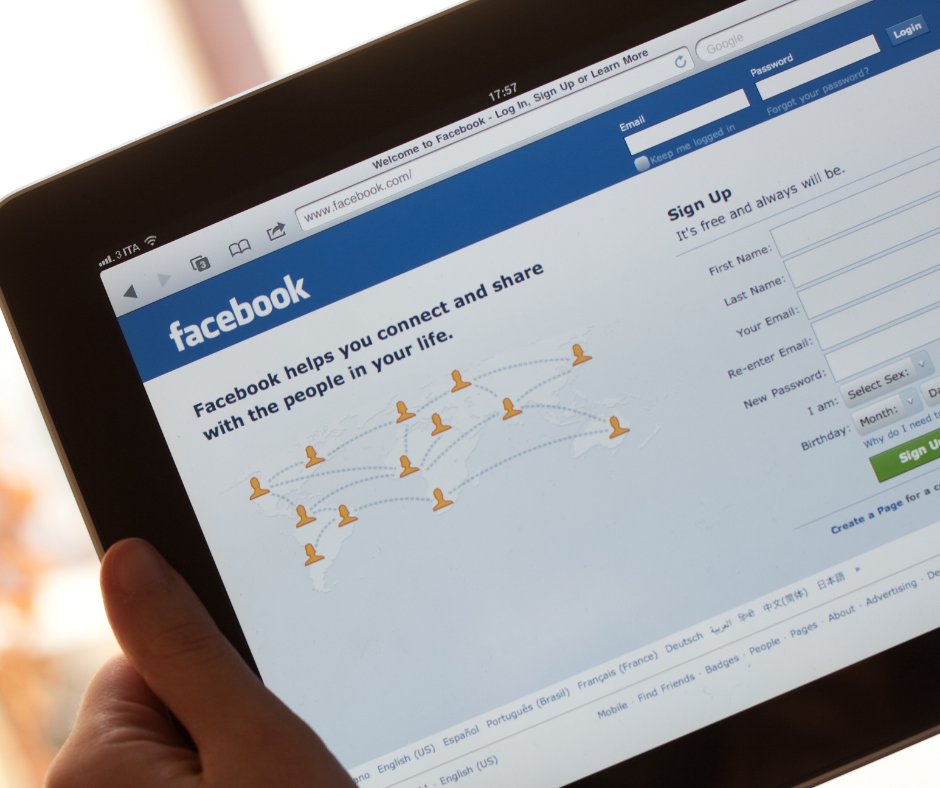
In addition to following the practices above, I really had to rethink my online marketing strategy. Namely, with Facebook–where I’ve invested countless hours building a business Facebook group called the Community of Conscious Entrepreneurs.
Personally, I’ve had a love-hate relationship with Facebook. I was someone who posted daily and frequently on FB “for business” so others could “know, like, and trust me” using it to document life’s milestones, wins, big news, and to feel good.
I justified any concerns about privacy, censoring, or addiction by using the platform “for good” with live yoga classes, sharing music, food recipes and more.
Not gonna lie–the dopamine rush of getting 150 likes in a few hours for a post felt great. In those moments, my concerns of “comparisitus” (comparing my life to others and feeling bad when I was struggling), getting addicted to getting more likes, or living my offline life thinking “How will I capture and post this event on FB?” didn’t matter.
But after watching the Social Dilemma, when you’re up against a team of brilliant engineers who day in and day are contributing to building and creating a super complex, ultrasmart AI logarithm that might even know you better than yourself, I had to get clear on WHY I’m using social media beyond “for business exposure.”
My real why is to build a community of conscious entrepreneurs who use business as force for good and measure the quadruple bottom line of people, planet, profit, and presence.
For the last 2 years, I searched for a platform where I don’t have to worry about privacy or worry about my every click behavior being tracked to sell me ads or feed me down a rabbit hole that enrages me offline.
I’m migrating my Facebook group to Mighty Network, a platform that’s actually private regarding your click behavior, delivers your posts to everyone in the group (versus the algorithm dictating it), and isn’t designed to addict or hack your subconscious. This platform is an actual tool that’s non-addicting. You choose when you use the tool, versus feeling withdrawals if you go offline and having to check your phone.
Tristan Harris, the filmmaker of the Social Dilemma and Founder of The Center for Humane technology–provides other ways to be more conscious online.
- Turn off notifications
- Remove toxic apps and download helpful apps designed to support your mental wellness
- Eliminate outrage from your diet. Unfollow outrage driven Twitter and Facebook groups or sharply polarized media (from both sides!)
- Follow voices you disagree with.
- Be compassionate. Social media profits off hate and anger because it generates more engagement. Let’s fight back with compassion.
- Pause → Remember there’s a real person behind the screen: Don’t be so quick to unfollow or publicly argue with someone who posts something you disagree with
- Be compassionate → Try a private message to ask why they feel that way, with genuine curiosity and a desire to understand
- Set boundaries with your devices.
- Fully disconnect 1 day per week.
- Cultivate gratitude by using technology to share your love.
- Support your local journalism.
Check out their full list here: https://www.humanetech.com/take-control
In Summary
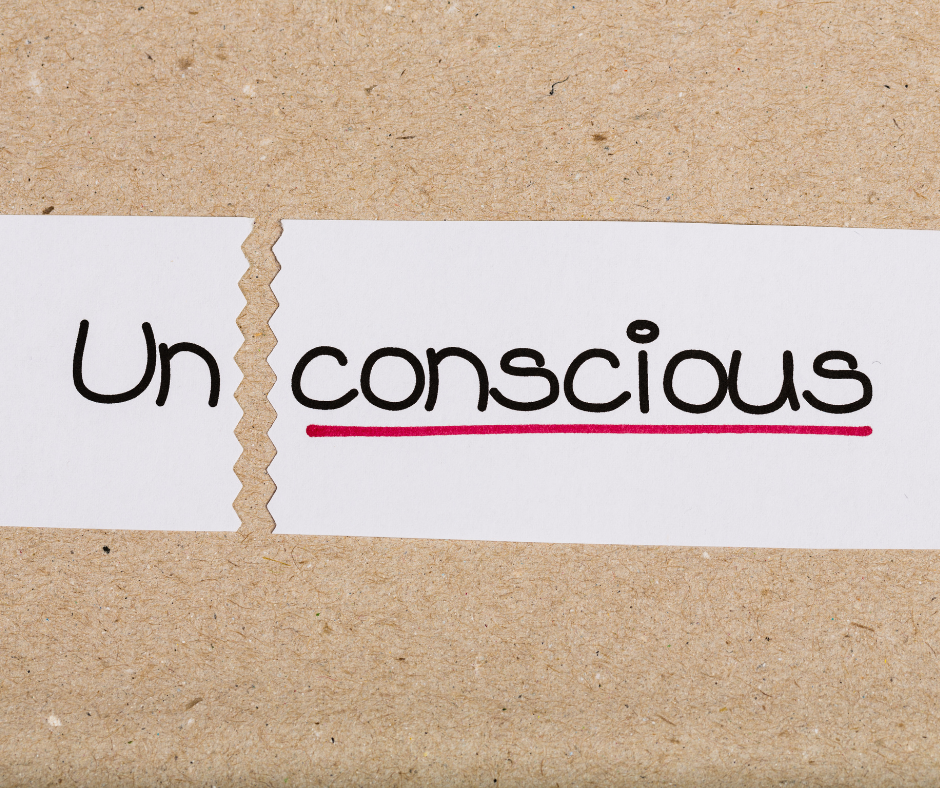
By learning to stay conscious online, you’ll better navigate and discern the noise out there to tune in to what really matters for you in your life. The Center for Humane Technology summarizes it best:
As long as social media companies profit from addiction, depression, and division, our society will continue to be at risk. Imagine a world built on human technology that operates for the common good, strengthening our capacity to tackle our biggest global challenges.
Vote with your click. Go offline once a week. Connect to people, to nature, and to yourself. Each moment you choose a healthy choice, the world is little brighter from your choice. Choose wisely. Our society depends on it.
*****
Anna S. Choi, CEO and Founder of Conscious Business Coaching, TEDx Speaker, and Forbes Author, is committed to elevating humanity’s consciousness by empowering high achieving, six-figure conscious entrepreneurs and business leaders to prevent burnout while scaling their company.
As a broke art major with zero experience or connections, she started and sold her first financial planning business grossing six figures by age 25. Burned out from the hustle and grind, she pursued energy mastery since 2014 as a taekwondo martial artist, body and brain yoga instructor and educator, and flow consultant now helping her high achieving clients grow in flow through energy mastery.
If you’re interested in growing your business with balance not burnout visit www.annasunchoi.com.
